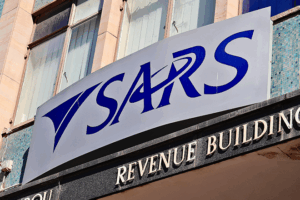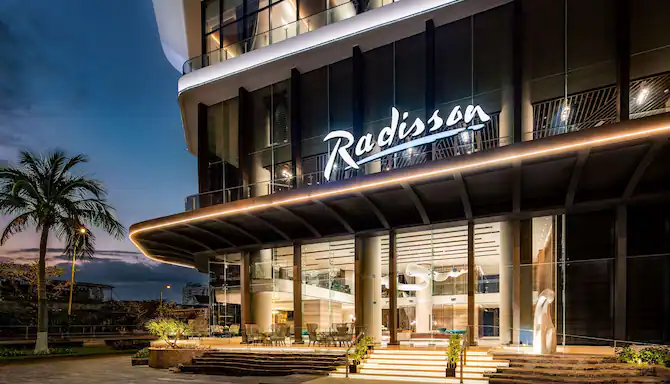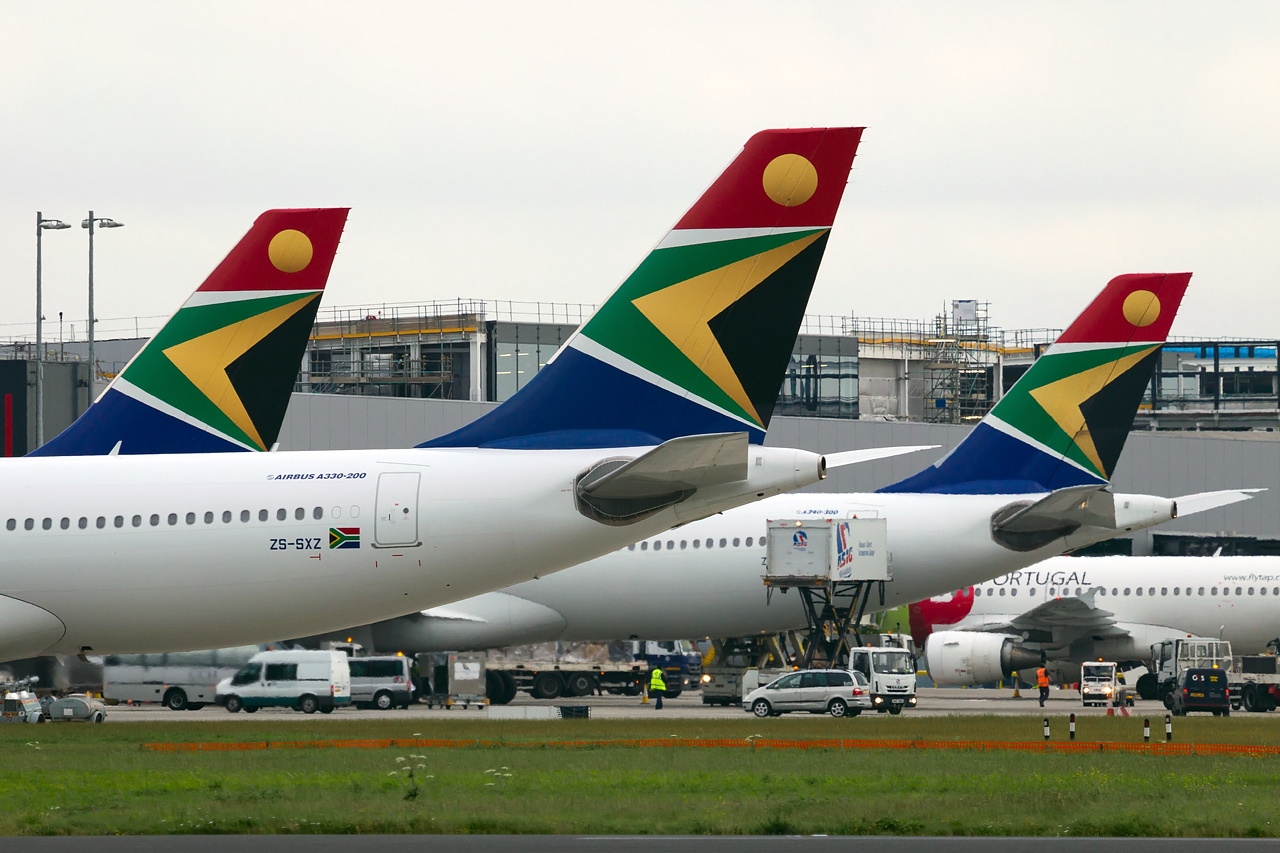Image Credit: Radisson
Radisson Hotel Group is stepping up its South Africa expansion with plans to nearly double its Cape Town footprint, introduce a Global 5-Star Radisson Blu flagship in the city, and continue opening properties across secondary cities including a new hotel in Middelburg due to open later this year. The development push forms part of a wider growth strategy for the group in Africa and follows a series of recent signings and openings across the continent.
Ramsay Rankoussi, Radisson’s Head of Development for Africa, set out the company’s local ambitions during a recent Business Day Spotlight podcast with Mudiwa Gavaza, saying the group intends to grow its South African portfolio to around 25 hotels by 2030 and is targeting a stronger presence in Cape Town with a premium Radisson Blu offering. Rankoussi also confirmed plans to open a hotel in Middelburg before year-end, a sign of Radisson’s focus on secondary-city connectivity and business travel markets. (Business Day Spotlight / Ramsay Rankoussi — podcast interview.)
What’s planned for South Africa
- Radisson Blu flagship in Cape Town – the group is seeking to introduce a Global 5-Star Radisson Blu in Cape Town, positioning it as a top-tier choice for international travellers and corporate visitors, and complementing existing Waterfront and city assets.
- Middelburg hotel opening (2025) – a new Radisson property in Middelburg, Mpumalanga, is slated for an opening later this year; earlier reports tracking the brand’s pipeline flagged Middelburg as a priority market because of its regional industrial and mining economy.
- Target of ~25 hotels by 2030 – Radisson aims to expand its national footprint substantially over the coming five years, prioritising a mix of gateway and secondary cities to capture leisure and business travel demand.
Why the strategy makes sense
Radisson’s South Africa push follows industry trends that reward a two-pronged approach: growing supply in major tourism hubs while opening capacity in secondary cities that serve regional commerce and manufacturing. Cape Town continues to be a magnet for international leisure and MICE (Meetings, Incentives, Conferences and Exhibitions) business, while towns like Middelburg represent steady corporate demand (mining, manufacturing and logistics).
Investing in a Radisson Blu flagship in Cape Town would give the group a high-end product to compete in the premium segment, whereas openings in cities such as Middelburg allow the chain to serve business travellers and support regional economic development.
Regional footprint
Radisson has been actively rolling out new properties across Africa, signing leisure and city hotels as demand rebounds post-pandemic. The group’s global momentum and increasing African pipeline, make South Africa a market with strong intra-continental connectivity and a robust tourism industry. A logical priority for larger investment and brand diversification. Industry reporting also confirms Radisson’s continued focus on expanding its presence in key African markets.
Challenges and opportunities
- Competition: South Africa’s hotel market is competitive, with international chains and local operators vying for guests and meetings business. Radisson will need to differentiate its product and distribution to gain market share.
- Operational costs & staffing: Labour and operating costs, plus service quality, are critical to the success of new properties; Radisson will need trained teams to deliver on the Blu flagship promise.
- Tourism demand: Cape Town’s appeal and South Africa’s recovering travel market offer upside, especially if the group times openings to match peak travel seasons and events.
- Secondary-city potential: Middelburg and similar locations offer strong, stable demand from industry and corporate travel, which can help diversify revenue beyond leisure cycles.
Bottom line
Radisson’s expansion plans from adding a Radisson Blu flagship in Cape Town to opening in Middelburg and pursuing a 25-hotel goal by 2030 signal renewed confidence in the South African market. If executed well, the strategy could boost local tourism, create jobs, and strengthen Radisson’s competitive positioning in Southern Africa.











